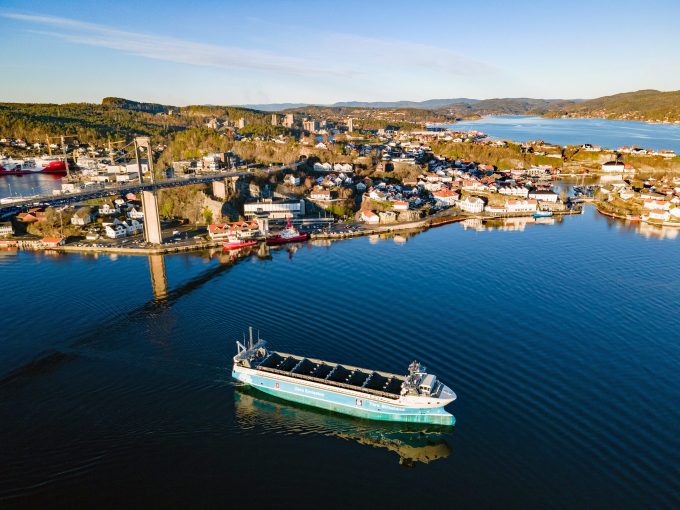MCK: Power forward: Five make-or-break truths about next-gen e-commerce
MCKINSEY argued earlier this month that e-commerce is undergoing a fundamental change, reshaping how customers ...

At the opening of Singapore Maritime Week today, Singapore minister for transport S Iswaran declared that Singapore would sign up to the Clydebank Declaration.
It’s a statement of intent to set up “at least six” ‘green corridors’ for carbon-neutral shipping, .
Singapore will join Japan, Australia, New Zealand, Fiji, the US and several European countries – 22 signatories in all – in signalling its intent to establish specific decarbonisation tradelanes.
The routes will be akin to special economic zones for ships, where operators ...
Asia-USEC shippers to lose 42% capacity in a surge of blanked sailings
USTR fees will lead to 'complete destabilisation' of container shipping alliances
New USTR port fees threaten shipping and global supply chains, says Cosco
Outlook for container shipping 'more uncertain now than at the onset of Covid'
Transpac container service closures mount
DHL Express suspends non-de minimis B2C parcels to US consumers
Zim ordered to pay Samsung $3.7m for 'wrongful' D&D charges
Flexport lawsuit an 'undifferentiated mass of gibberish', claims Freightmate


Comment on this article